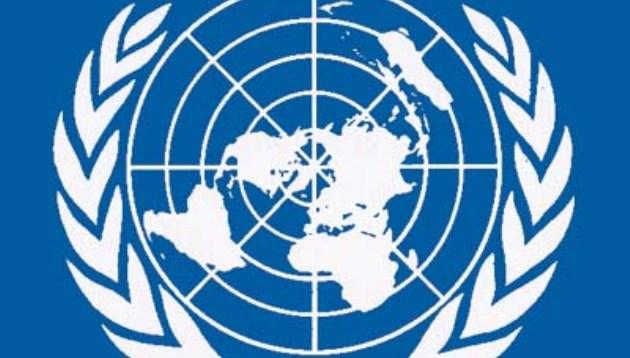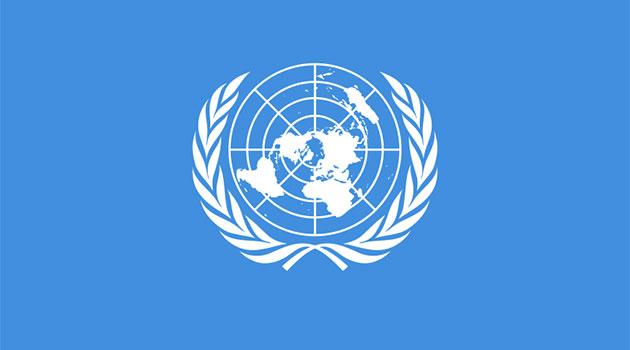UN tells Czech Republic to improve Romani integration, compensate illegally sterilized women

Improving the integration of Romani people into society, combating racism, xenophobia and Islamophobia, and continuing efforts to achieve equality between men and women were some of the recommendations made to the Czech Republic by the member countries of the United Nations (UN) on 6 November during the Universal Periodic Review (UPR) of the state of human rights worldwide. Many countries expressed appreciation for the progress the Czech Republic has achieved on integrating disadvantaged children into the education system and on reaching an agreement to buy the pig farm at Lety u Písku, which stands on the site of a former concentration camp for Romani people.
The UPR, which the Czech Republic underwent at the UN in Geneva, is a procedure focused on assessing the state of human rights in all 193 member states of the international organization, in which other countries and NGOs review the situation at four and a half year intervals. The first UPR was held in April 2008.
The Czech Republic was assessed in 2008 and again in 2012. Non-binding recommendations were made to the Czech Republic by several dozen countries this time.
Many expressed appreciation of the progress the Czech Republic has made on integrating disadvantaged children, including Romani children, into the education system as part of the project of so-called inclusion. Those same countries also recommended that the Czech Republic continue the project by dedicating sufficient funding and staff to it.
Belgium criticized the Czech Republic over the fact that the segregation of Romani children persists, while China stated that discrimination of Romani people in the Czech Republic is “systematic”. Some member countries recommmended that the Czech Republic increase its efforts to combat violent crime motivated by hatred and to combat growing racism and xenophobia in society.
Several countries expressly recommended combating prejudices against asylum-seekers and members of minorities, primarily Roma. The United States of America, for example, recommended that Czech authorities and politicians should resolutely condemn hate speech.
Many predominantly Muslim countries, including Indonesia, Iran and Turkey, recommended the Czech Republic also combat Islamophobia, which they believe is on the rise. According to the recommendations, one way to combat Islamophobia should be campaigns to educate the public, among other methods.
Israel recommended that the Czech Republic continue the Government campaign against hate with a new project after the current HateFree Culture campaign closes this year. Other recommendations the Czech Republic received in Geneva concerned continuing efforts to achieve equality between men and women in society, to combat domestic violence, or to address the problem of overcrowded prisons.
Several countries called on the Czech Republic to compensate the Romani women who have been sterilized without their informed consent. In addition to expressing appreciation for the progress the Czech Republic has made in the area of integrating disadvantaged children into education, the delegation of the USA also expressed appreciation for the Czech Government’s agreement to buy out the pig farm at Lety u Písku that stands on the site of a former concentration camp for Romani people.
According to the head of the Czech delegation, Deputy Human Rights Minister Martina Štěpánková, the Czech Republic received 136 recommendations during the previous UPR, 129 of which it has fulfilled. Štěpánková admitted that the inclusion of Romani people into society and the growing hatred against minorities and foreign nationals still represent a big challenge for the country.
The new recommendations from the third UPR should be officially published tomorrow. States may express their views of the recommendations in response.
